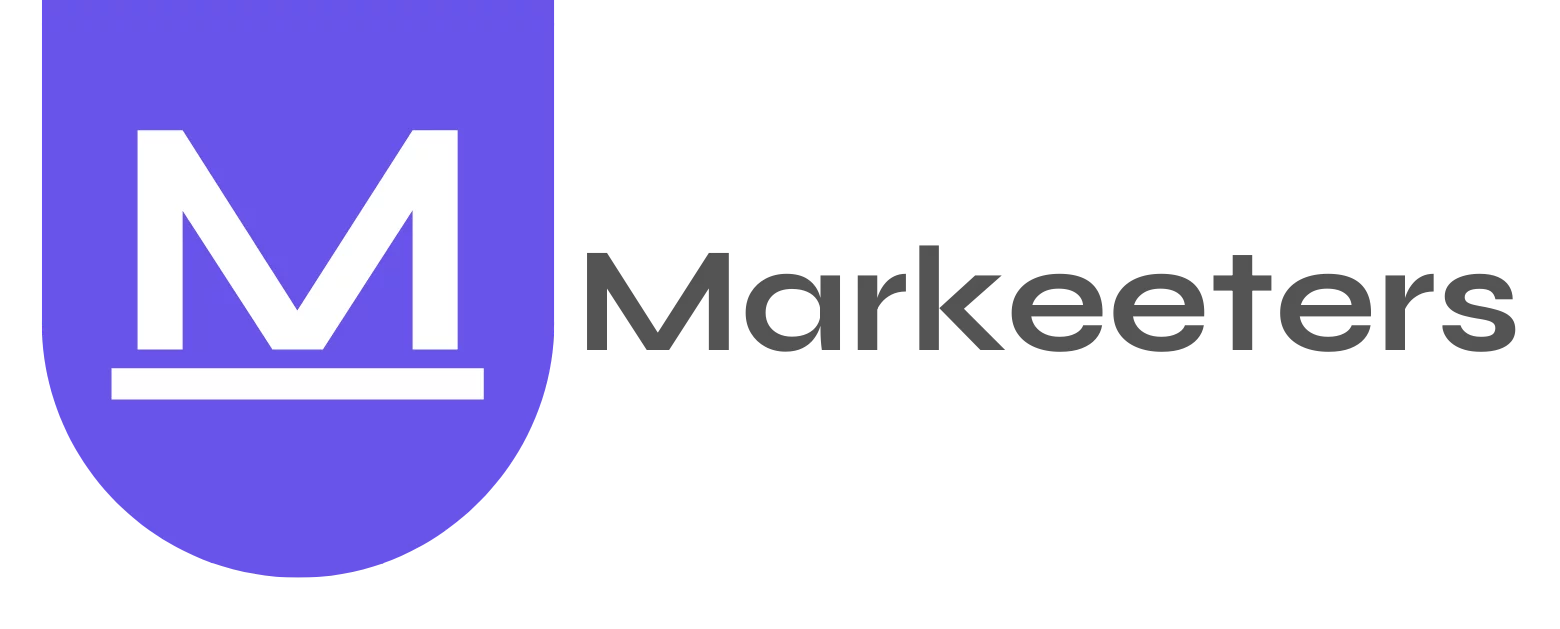Marketing interviews can be daunting, especially when there are so many different marketing roles and candidates to consider. Whether you are the interviewer or the interviewee, it can be overwhelming to think about the backgrounds, skills, needs, and wants that candidates bring to the table. However, there are a few questions that seem to come up time and time again during these interviews.
Having been on both sides of the interview process, we have had the opportunity to ask and answer countless marketing questions. Through our experience building Markeeters, we have compiled a list of the most common questions that tend to surface, as well as what qualities founders and interviewers should look for in the answers they receive.
In order to provide you with the most comprehensive guide to hiring the right marketer for your startup, we scoured through numerous similar articles and selected the questions that appeared most frequently. Whether you are applying for a specific marketing position or looking to add a marketing professional to your team, there are 10 essential questions that are likely to be discussed during the interview process.
From questions about digital marketing strategies to inquiries about brand development and social media management, this guide covers a wide range of topics. By exploring these common questions and the qualities to look for in the answers, you will be well-equipped to spot the right marketing talent for your startup.
So, if you are ready to find the perfect marketer to help take your startup to the next level, look no further. This guide is designed to assist you in making the right hiring decisions and finding a candidate who can drive your company’s marketing success.
Essential Interview Questions for Hiring a Marketing Expert
We skimmed through a lot of guides and other relevant resources and spoke to some of the best marketers and CMOs to build the go-to guide for interview questions to hire the right marketing talent. No matter what position you’re filling, some of these questions will and should be asked in some or the other form. So let’s get started:
1. Can you share your experience with startups, particularly in SaaS/tech entrepreneurship/e-commerce?
A great candidate may mention specific startups they have worked with or industries they have experience in. They may discuss how they adapted their marketing strategies to target niche markets, leverage emerging technologies, and drive growth in competitive markets. There are no right or wrong answers here, it’s mostly to break the ice and get the conversation started.
2. What marketing strategies have you implemented to drive customer acquisition, retention, and revenue generation in the past?
A good candidate should provide examples of successful marketing campaigns they have led, highlighting the specific tactics and channels they used. They may discuss their ability to identify target audiences, create compelling messaging, execute omnichannel marketing strategies, and measure key metrics to ensure continuous improvement.
3. How do you approach market research and competitive analysis when developing marketing strategies?
Ideally, candidates should emphasize their approach to market research, including conducting customer surveys, analyzing industry reports, and monitoring competitor activities. They may share how they leveraged this to identify untapped opportunities, differentiate their brand, and align marketing strategies with market demands.
4. What measures do you take to align marketing goals with overall business objectives and budgets?
Look for candidates who understand the importance of collaboration and communication with other departments. They may talk about their experience in working closely with product teams, sales teams, and executives to set realistic marketing goals, allocate budgets effectively, and track performance against KPIs.
5. How would you develop and execute a marketing plan to launch a new product/service in our industry?
A great candidate should discuss a comprehensive approach to launching a new product or service. They might mention their experience in conducting market research, understanding customer needs and pain points, developing customer personas, crafting a unique value proposition, and creating a multi-channel marketing plan to generate awareness, drive engagement, and secure early adopters.
6. Can you share any previous experiences where you successfully executed growth hacking strategies to drive rapid user/customer acquisition?
Look for candidates who show their ability to think outside the box and develop unconventional strategies to achieve rapid growth. They may discuss tactics such as referral programs, viral campaigns, influencer partnerships, or product integrations that yield high user/customer acquisition rates within a short timeframe.
7. How would you measure the success of marketing campaigns, and what metrics do you consider most important for evaluating performance?
A great candidate may talk about key metrics like customer acquisition cost (CAC), customer lifetime value (CLTV), return on investment (ROI), conversion rates, and attribution modeling. They should emphasize their experience in utilizing analytics tools, interpreting data, and adjusting strategies based on performance insights.
8. Describe your experience with search engine optimization (SEO) and improving organic search rankings.
Look for candidates with knowledge of SEO best practices and recent algorithm updates. They may discuss their experience in conducting keyword research, optimizing on-page content, improving website performance, building high-quality backlinks, and monitoring SEO performance to increase organic search visibility.
9. How familiar are you with paid advertising platforms, such as Google Ads, Facebook Ads, or LinkedIn Ads?
A great candidate should demonstrate hands-on experience in setting up and managing paid advertising campaigns across multiple platforms. They may discuss their ability to target specific audience segments, optimize campaign performance, conduct A/B testing, and adjust strategies to improve return on ad spend (ROAS) or cost per acquisition (CPA).
10. Can you tell us about a time when you effectively used content marketing to drive brand awareness and customer engagement?
Look for candidates who can provide examples of successful content marketing campaigns. They may discuss their ability to identify content gaps, create compelling and valuable content, leverage various formats (blog posts, infographics, videos), distribute content through owned and earned channels, and measure engagement metrics such as social shares, comments, and time-on-page.
Conclusion
Remember, while these are suggested answers, the key is to listen carefully to the candidate’s responses and evaluate how well their experiences, strategies, and skills align with your startup’s specific needs and objectives.
Also Read:





